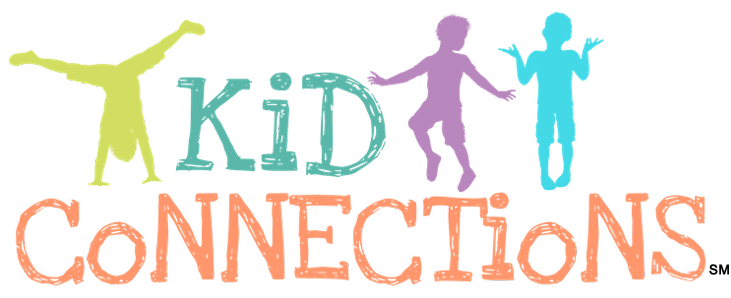Do you have concerns about your young child’s speech or language development? If so, it’s no wonder- according to the American Academy of Pediatrics, language delays are the most common types of developmental delays. If you’re concerned about your child’s communication development, know that you are your child’s best teacher and in the first few years of life, your child will learn more from you than anyone else.

You may be thinking to yourself “When am I going to find the time to teach my child to talk? We already do so much every day!” But here’s some good news: you can make small adjustments to what you already do every day with your child to maximize their communication development! No extra time needed. You can use the magic of your daily routine to improve your child’s skills in communication and many other areas of development.
Ok, now you may be thinking to yourself “But life is crazy right now, and I feel like we don’t have a routine!” Chances are you do have things that happen the same way every day- whether it’s your entire daily schedule or just small rituals throughout the day like meals, brushing teeth, or bedtime.


First try to create an overall daily routine, and make it as consistent as possible. You don’t have to do things the exact same way everyday, but look to create a general pattern to your day with small rituals or “mini routines” throughout. When activities happen in about the same order and in the same way every day, this provides your child with the stability that comes with being able to predict what will happen next. When children feel this stability, they are ready to learn
Here are some tips to use your daily routine in the most effective way for language development:


1. Prioritize time for books
Prioritize time for books in your daily routine. Reading to your young child is important for so many reasons, but did you know that how you read to your child matters? Interactive reading, or shared book reading, is not just fun, it can foster development of early speech, language, and literacy skills.
Interactive reading involves much more than just reading the words in a book. Take a look at our post “Story Time Habits in Early Childhood” for more information!


2. Eat meals together
Try to eat meals together, when possible. Your child will naturally observe your conversations with other family members, and will benefit from all of that language modeling. Offer choices for what your child may eat, as long as you’re comfortable with both options. Help your child point or use a word to communicate their choice. For highly desired foods, serve small amounts at once and help your child ask for “more.” Try serving these preferred items in closed containers so your child can ask for “help.


3. Make mistakes
Make mistakes! Get silly! For example, instead of putting toothpaste on your child’s brush, pretend to put it on your head and see if your child notices.
Bring their attention to what’s happening by exaggerating your facial expressions and tone of voice, and model phrases like “wait! That’s not right! That’s so silly!” Ask your child to help you figure out the right way to do things by giving you directions.
There are so many more ways to use your everyday routines to support your child’s growth and development! Focus on creating more consistency wherever possible in your current routine. Think through your daily routine to see where you can boost language models or create opportunities for your child to think and communicate for themselves.
Concerned about your child’s speech or language development?
Don’t delay in taking action
Join The FAMILY CONNECTIONS PROGRAM today!
This 8-week virtual language enrichment program, allows families to learn at their own pace to support their young children’s language development, and uses the magic of routines to achieve this.



